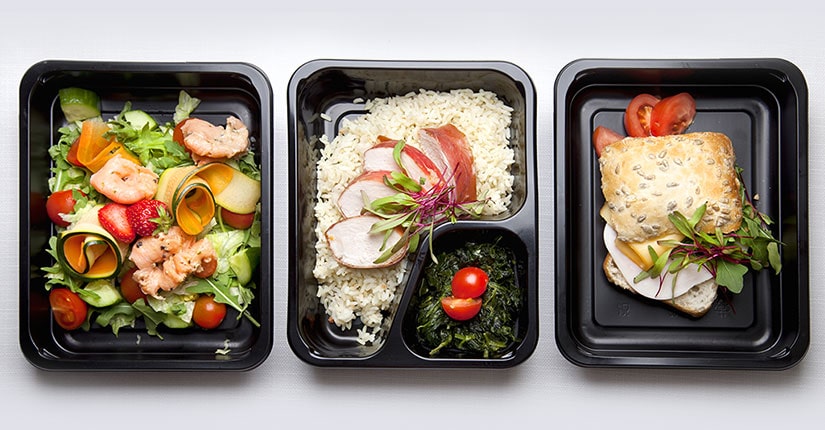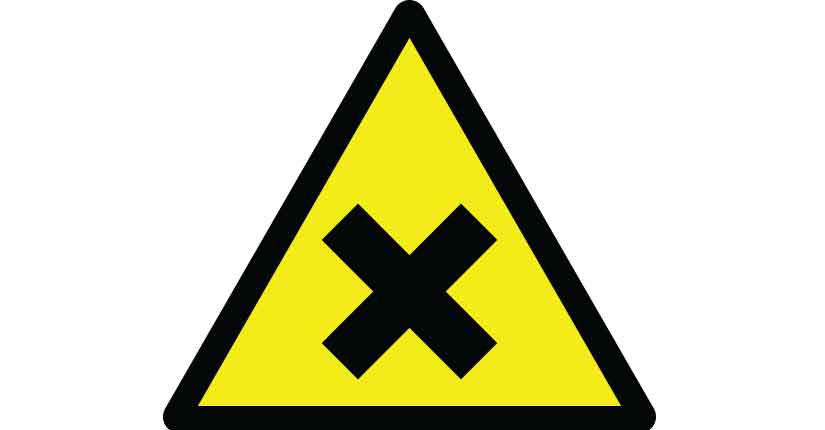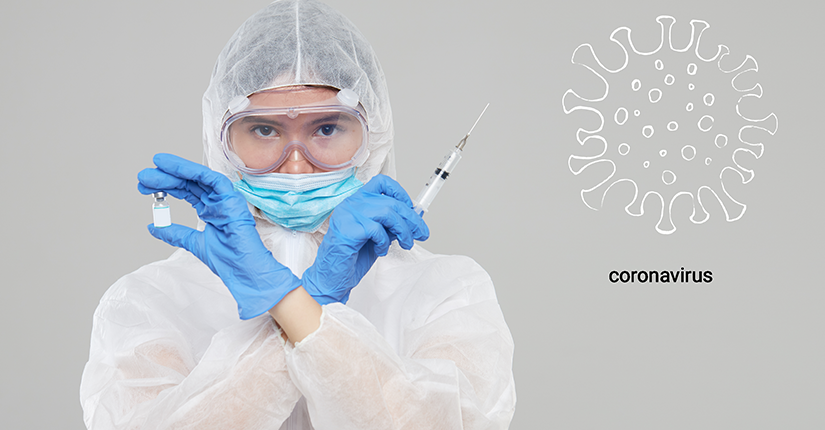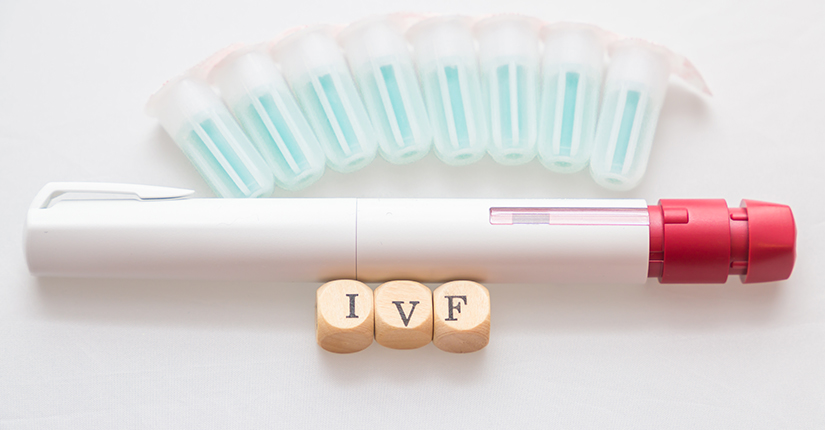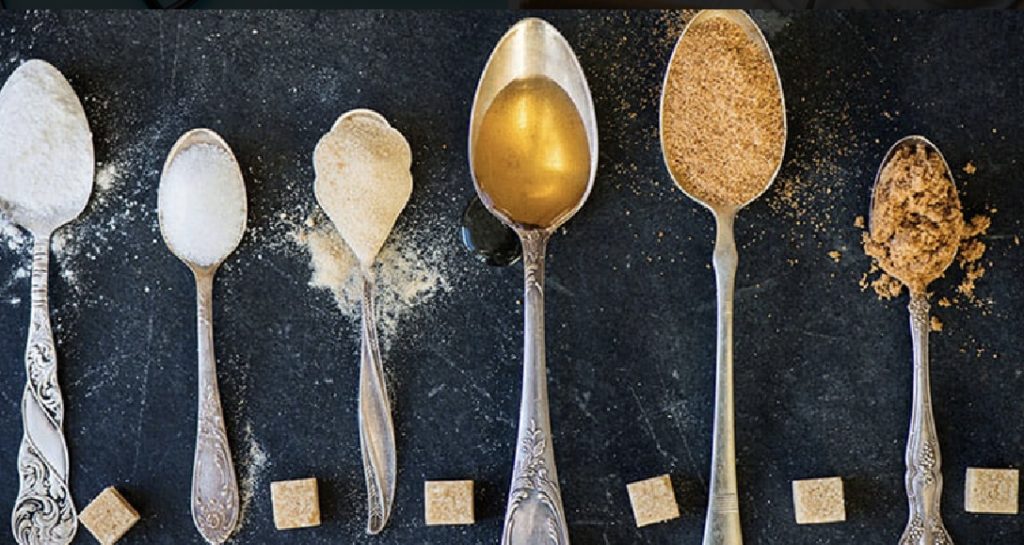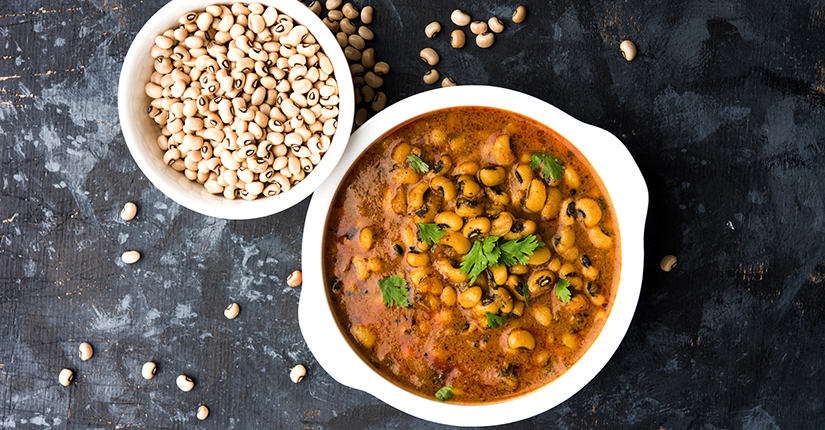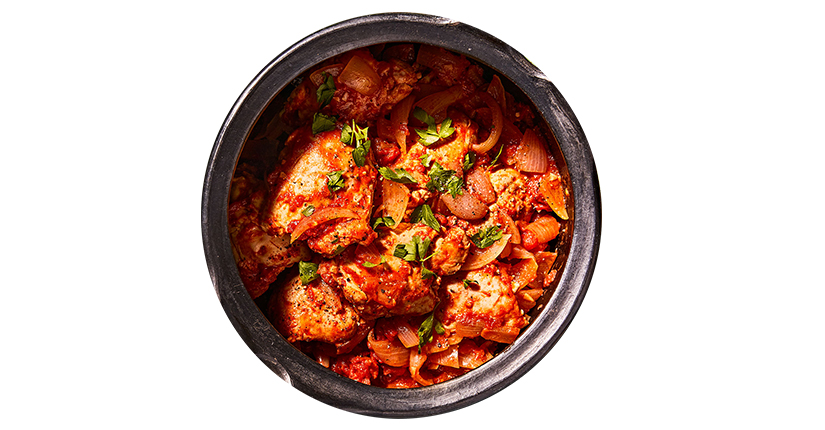Decoding the Link between Cancer & Sugar Consumption
By Nmami Life Editorial 30-Sep 2021 Reading Time: 5 Mins

Sugar belongs to the carbohydrate category of food groups. Although it is associated with sweets, it is found in fruits as well. The body uses carbohydrates for energy and these can be simple or complex carbohydrates. Refined sugar is a simple carbohydrate whereas sugar from whole grains, fruits is a complex form. Complex carbohydrates contain fibre, vitamin B and minerals, on the other hand, simple carbohydrates have no nutritional benefits.
Is there a link between sugar and cancer?
The rate of growth of cancer cells in the body is rapid. To grow, cancer cells need energy. To survive, they require large amounts of glucose for energy. But, they also need amino acids and fats and not only sugar.
The myth that sugar fuels cancer was born due to the thought that: If cancer cells need glucose, then removal of sugar from the diet must prevent them from growing and could even stop it from developing. Unfortunately, it’s not that simple. Healthy cells in the body need glucose too and there is no way to let only healthy cells use the glucose and devoid cancer cells from using glucose.
There is no evidence that a ‘sugar-free’ diet lowers the risk of cancer, or increases the chances of survival.
If sugar doesn’t cause cancer, why worry about it?
Though there exists no direct link between sugar and cancer risk there is still some connection. Chronic consumption of large amounts of sugar leads to weight gain and research shows that being overweight or obese increases the risk of 13 different types of cancer. After smoking, obesity is the most preventable cause of cancer. Fat cells release inflammatory proteins called adipokines. Adipokines can damage DNA and eventually cause tumours. The more fat cells, the more of these inflammatory proteins in the body.
How to control your blood sugar levels
- Watch your carb intake – One of the easiest ways to control blood sugar naturally is by watching the number of carbohydrates you are taking in daily. Your body turns carbohydrates into sugars, and then insulin is responsible for transporting the sugars into cells. Eating too many carbohydrates can disrupt this process and cause your blood sugar to spike.
- Consume more fibre – Fibre produces a gradual increase in blood sugar and allows for sugar to be better utilized by the body. Make sure to consume whole grains and legumes as they have appreciable amounts of fibre.
- Stay hydrated – Staying hydrated will help keep your blood sugar at a healthy level. Evidence from studies shows that those who drink an adequate quantity of water have a lower risk of developing high blood sugar.
- Portion control – When you control your portions, you control blood sugar. Portion control helps you maintain a healthy weight, which keeps blood sugar levels at bay.
- Eat foods with a low glycemic index – Foods with a low glycemic index include lean meats and seafood, eggs, beans and legumes, and non-starchy vegetables. These foods will regulate your blood sugar levels.
- Manage your stress – Stress plays an important role in body metabolism and one of these is managing blood glucose. Make sure you are managing your stress levels by involving in activities that relax you and give you peace of mind such as reading, exercising, going to places you enjoy, or whatever else floats your boat!



